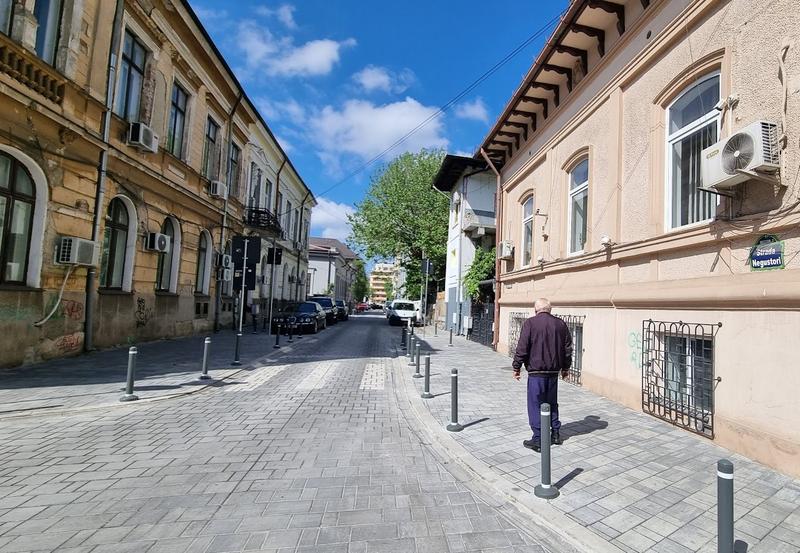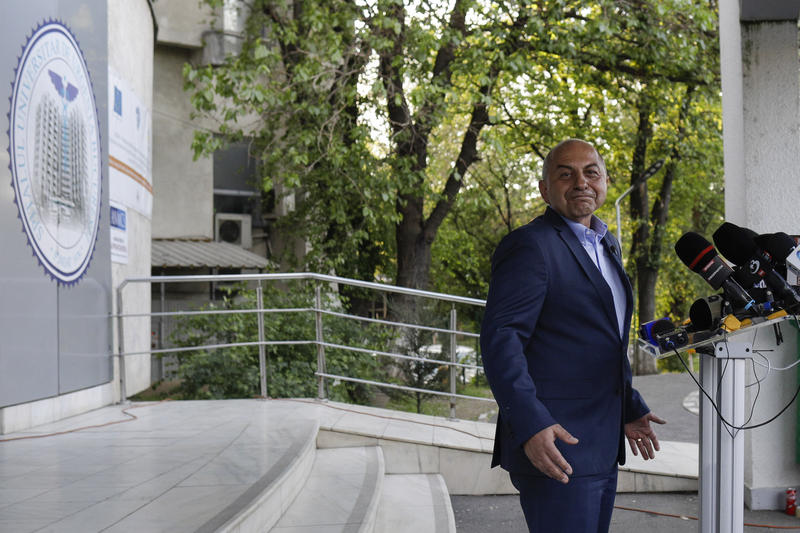Tesco and Wal-Mart, two of the biggest world retailers, announced plans to extend businesses to Czech Republic and Hungary. Wal-Mart is to buy the Delhaize’s hypermarkets chain in Hungary while Tesco targets 27 Edeka stores in Bohemia, close to the Czech-German border.
The Edeka takeover is pending the Czech Competition Commission’s approval.
In Hungary, Tesco opened two more stores raising the total number to 57, an action that prompted Wal –Mart to descend on the Hungarian market.
Based on a survey conducted by Mintel, the company believes that the sell of food goods will kickstart the economy of the EU states. Mintel experts foresee a 74 per cent raise in food selling in the EU, from 783 bln Euros in 2000 to more than 1050 bln in 2010.
Therefore, food selling is expected to triple in Hungary and to double in the Czech Republic, given the preference for the hypermarkets in the detriment of the smaller units.
A recent survey conducted by PricewaterhouseCooper’s shows that the retailer giants cannot afford to ignore the Eastern European market any longer, however the survey warns that only the flexible companies might have a chance of success.
The same survey shows that urban areas in Bulgaria, Poland, Hungary and the Czech Republic are stuffed with hypermarkets, therefore the invetors should look further to smaller towns or even rural areas.
In Romania, the hypermarket chains are represented by Metro, Selgros, Carrefour, Kaufland, and Cora. Auchan and Tesco showed interest in exploring the local market.
The Romanian market is very penetrable by this type of investments given the retailer selling/customer is $630 whereas a Hungarian spends almost $2000.
According to a Coface Intercredit Romania study, 35 per cent of the bankcruptcy within 2003-2004 has been caused by the increasing number of hypermarkets.


















